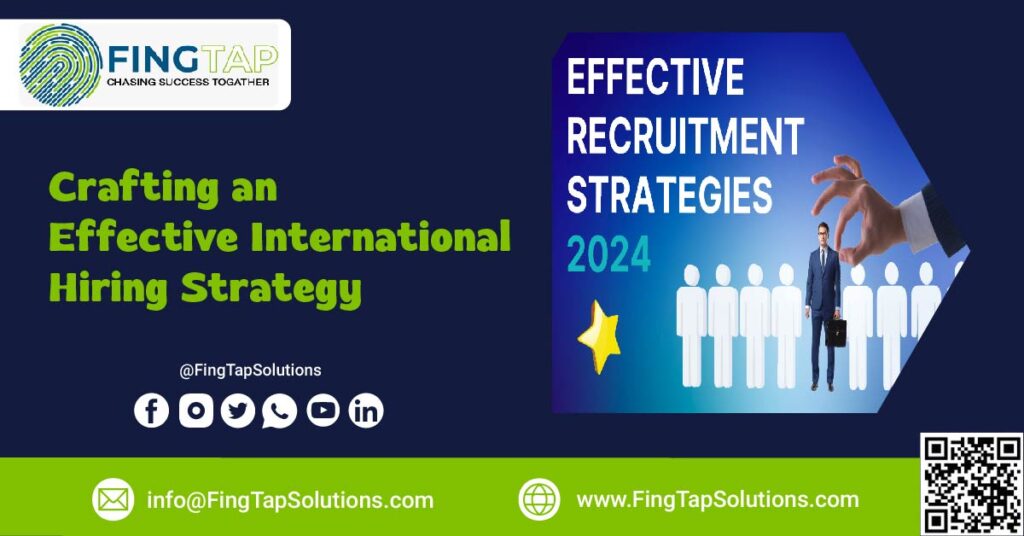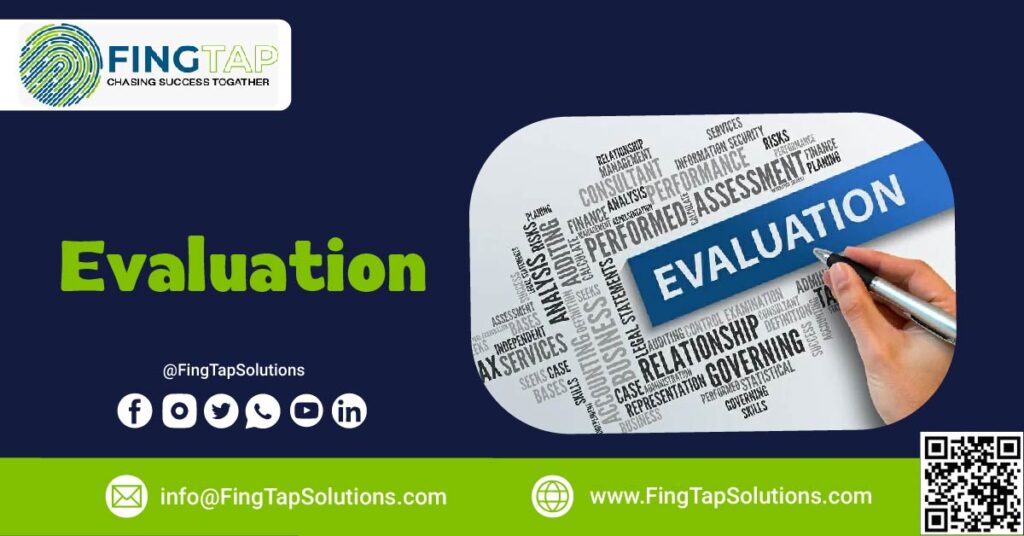Businesses are using global talent sources more and more in today’s connected world to promote employment and services . However, managing the difficulties of employing people from outside requires an extensive knowledge of cultural, legal, and regulatory quirks. With a focus on everything from meeting legal requirements to creating productive remote teamwork, this guide offers businesses looking to grow their workforce internationally a road map for success. By understanding the talent in the global market you can easily hire international talent.
Understanding Global Talent Markets
You should have to understand global talent marketplaces in today’s interconnected economy to hire access to a wide range of skill sets and talented workers . You can take benefits from different platforms like Linkedin to find global Talent . Linkedin gives you valuable data about the worldwide focus on specific skills You should collaborate with talent-hunting business and make use of Internet platforms can outperform competitors and obtain the broad skill set required to become successful in the global market.Implement on strategies like research deeply on study local labour laws ,build reputation through employer branding ,use different location and methods to find talent through diverse sourcing. When find talent globally you should also take care of global laws and rules.

Navigate Regulatory and Legal Frameworks
When you want your businesses to grow globally and hire employees from other countries, they must understand and follow legal and regulatory frameworks. Work permit processing and visa processing are handled under national rules and regulations.
It is essential to carry out in-depth studies and consult with an expert team . Avoiding legal problems requires obedience to labour certification, labour laws, tax rules, visa and work permit procedures, and employment authorization documents . Employment applications must be reviewed and negotiated by employers to provide clarity. Risks can be reduced and compliance with complex laws can be ensured by keeping up with regulations and consulting legal advice.if you want workers from international countries must drive effective hiring strategies.
Crafting an Effective International Hiring Strategy
Your Businesses must create a comprehensive global hiring plan that takes into factor including personnel availability rights, market demand, and regulatory flexibility to grow internationally. This involves choosing the target nations and areas, putting in place effective employment requirements, and making use of automation and technological resources. Clearly defined roles and duties within the hiring team, as well as procedures for locating, screening, and choosing employees, and defining their skills and language proficiency, are critical.
To respond to shifting market conditions and legal requirements, hiring processes and recruiting methods must be regularly updated. Flexibility is essential. Your Businesses may recruit top talent and promote long-term success under their strategic objectives by taking a strategic approach to international hiring. As we talked earlier, the use of technology in hiring remotely is an effective approach.

Leveraging Technology for Remote Hiring
Now you can collaborate and communicate easily with Recruiters, hiring managers, and employers because of technology, which is completely changing the remote hiring process. Technology-driven software tracking systems and recruiting platforms speed up job advertising and automate repetitive tasks, while video conferencing capabilities provide real-time interviews and virtual evaluations. Hiring choices are improved by using insights from artificial intelligence and data analytics into applicant sourcing and hiring managers’ patterns.
Through personalised communications and application procedures that are optimised for mobile devices, technology also improves the candidate experience. Businesses may get around geographical restrictions, improve the hiring process, and access a larger talent pool by strategically utilising technology entity.
Conducting Cross-Cultural Interviews
Open-ended questions, non-verbally details, respectful language, sympathy, and cultural awareness are all necessary while conducting cross-cultural interviews in remote hiring globally. Candidates should be responsive to interviewer’s signals and interviewers should be aware of their own intellectually. Improvement areas can be found with the use of reflection and feedback. Your organisations may assess individuals from a variety of backgrounds and create more inclusive teams by combining cultural knowledge, communication skills, and inclusion. This method improves the hiring process by building trust and developing employees.
Managing Visa and Work Permit Processes
Managing work permits and visas requires managing complicated legal requirements, making sure immigration laws are followed, and figuring out which visa categories are best for foreign employment. Companies need to work with immigration lawyers, remain current on visa regulations, and communicate openly with applicants. Effective handling of work permits and visas requires careful planning and close attention to detail control on the hiring process.
Building Remote Team Dynamics
It is essential to promote cooperation, communication, and support among physically separated team members to enhance remote team dynamics. Compliances of communication, the use of collaborative tools, and frequent online meetings may all help achieve this. Relationships may be strengthened and a feeling of belonging can be created by supporting team-building exercises, encouraging openness, trust, and accountability, and recognizing individual and group accomplishments.
Ensuring Compliance with Tax and Employment Laws
Maintaining financial stability and reducing legal risks when recruiting overseas requires careful compliance with employment and tax rules. Guidance may be obtained by working with legal experts and remaining up to date on laws in each country, particularly those on labor support, employment contracts, and tax requirements. Strong payroll system implementation minimises penalties and fines by ensuring proper tax reporting and withholding. Proactively identifying and addressing possible concerns is facilitated by routine audits and evaluations of compliance methods.
Cultivating Diversity and Inclusion in Global Teams
For innovation, creativity, and resilience of your business, diversity and inclusion are essential for global teams. It involves accepting and appreciating differences in experiences, viewpoints, backgrounds, and cultural backgrounds. The adoption of diversity training programs fosters understanding and respect from a range of perspectives. All team members are empowered by inclusive practices and flexible work schedules. Collaboration and performance are enhanced by open communication and attentive listening, which cultivate a climate of respect, empathy, and belonging.
Evaluation
The evaluation of global talent acquisition activities is dependent upon the return on investment (ROI) that results from global recruits. This involves studying variables such as hiring expenses, time to fill, output, and performance indicators. Frequent performance evaluations assist in monitoring contributions and pinpointing areas for improvement. Analyzing the ROI concerning local hires provides information on benefits and drawbacks. Organizations may maximize return on investment from their foreign hiring strategies by optimizing them via the use of data-driven insights and KPIs.

FAQ
What risk could come with employing someone from abroad?
Risks include problems with language hurdles, cultural misunderstandings, time zone variations, security risks with remote work, and difficulties integrating various teams. It’s key that business owners understand these risks and create plans to reduce them.
When international hiring, how can companies guarantee a favourable applicant experience?
Companies can ensure that candidates have a good experience by being transparent and clear with them throughout the hiring process, helping candidates with the relocation and visa procedures, giving timely feedback, and treating candidates with professionalism and respect.

